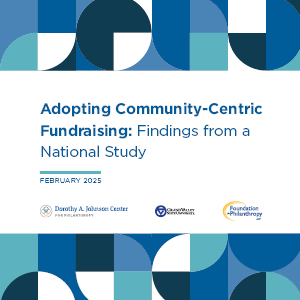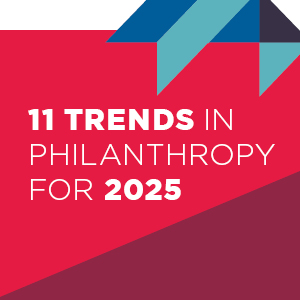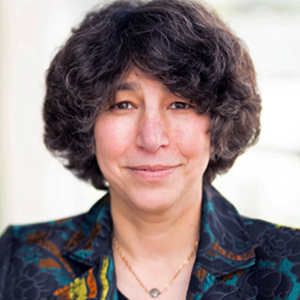Giving Circles: A Way Forward for Democratizing Philanthropy
Michael Layton draws parallels between the Gilded Age and current challenges in philanthropy, and argues that giving circles offer valuable insights about how to democratize philanthropy.


















Michael Layton draws parallels between the Gilded Age and current challenges in philanthropy, and argues that giving circles offer valuable insights about how to democratize philanthropy.
A 2020 survey of next gen donors revealed new ventures and family engagements, as well as stories of frustration as they scrambled to respond to the COVID-19 pandemic in appropriate yet effective ways.
Guest author Jack Lewars sees the potential of young people to drive progress through charitable giving and offers advice on engaging the next generation in philanthropy.
Guest author Isis Krause shares how a 2016 study on giving circles sparked the creation of a new infrastructure organization, Philanthropy Together.
Forces including the global concentration of wealth and the marginalization of BIPOC communities are driving crucial conversations about the haves and have-nots.
The articles in The Foundation Review Volume 12, Issue 4, guest-edited by Juan Olivarez, center on efforts to support inclusive growth communities.
Donors and institutions are wrestling with the roots of our collective inheritance: much of philanthropy’s corpus has its history in exploitative acts. Here, we explore some steps funders can take — and are already taking — to rebalance the scales.
With donors and their dollars under increasing scrutiny, the nonprofits who depend on private donations are put in an ethically complicated spot.
Our Program Officer Competency Model identifies and highlights essential competencies for the role to support continued advancements in the hiring, cultivation, and retention of foundation staff.
The need for postsecondary education or training in order to secure a living wage job has become increasingly clear. The articles in The Foundation Review Volume 12, Issue 3 offer examples of programs, tools, and local policies to consider.